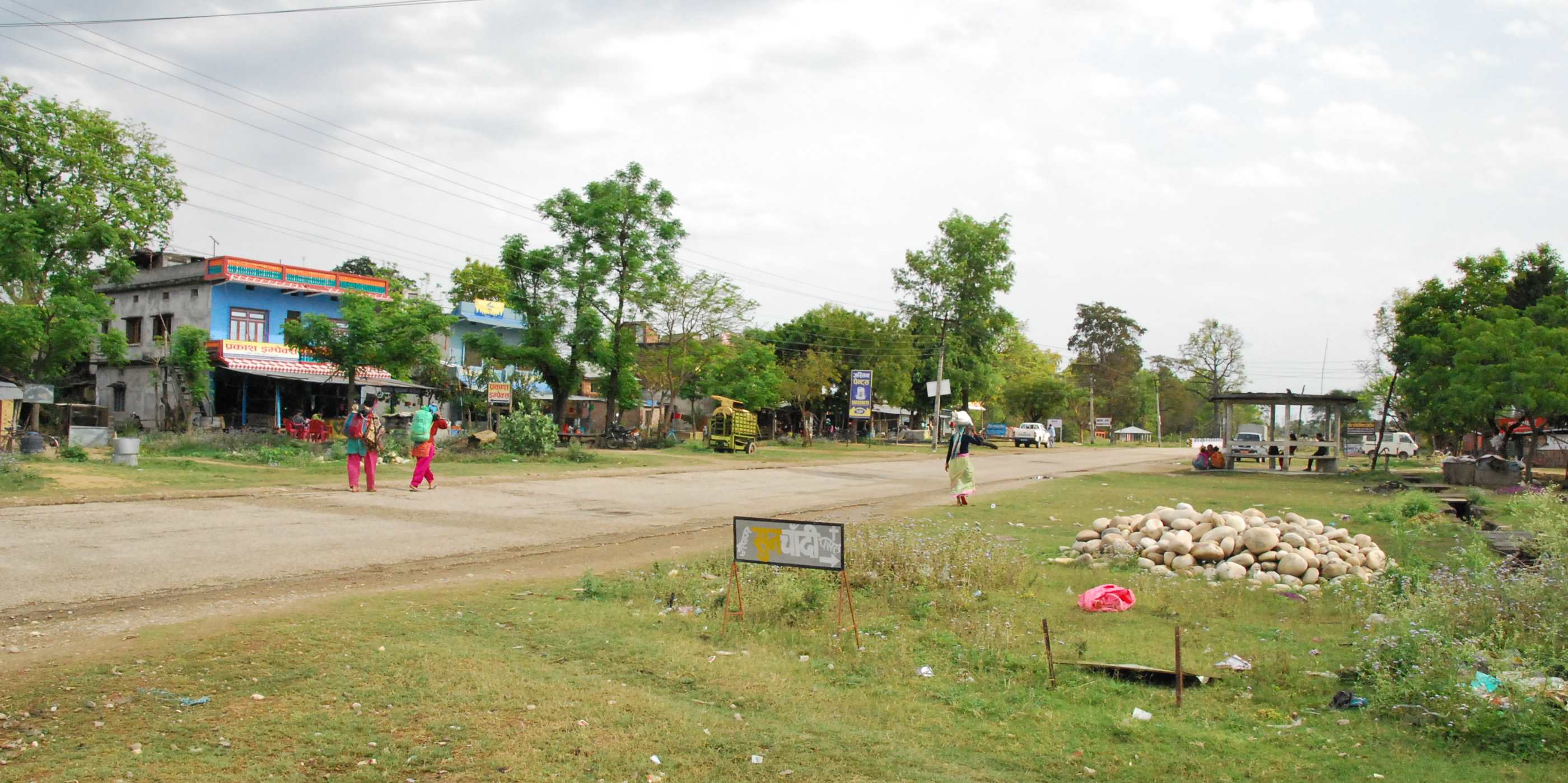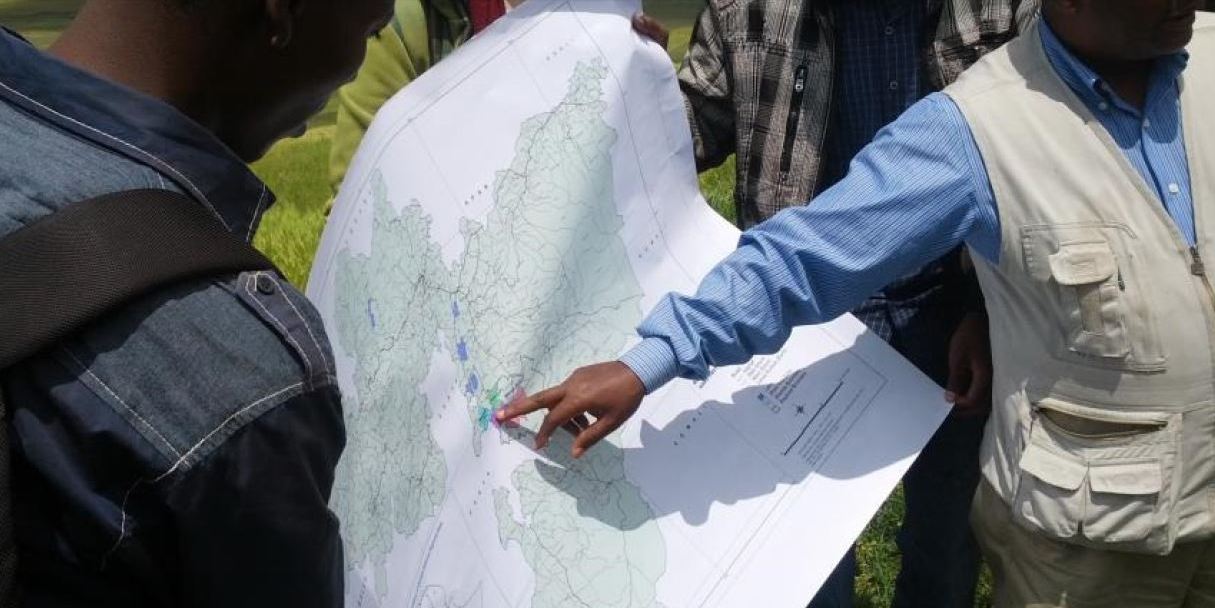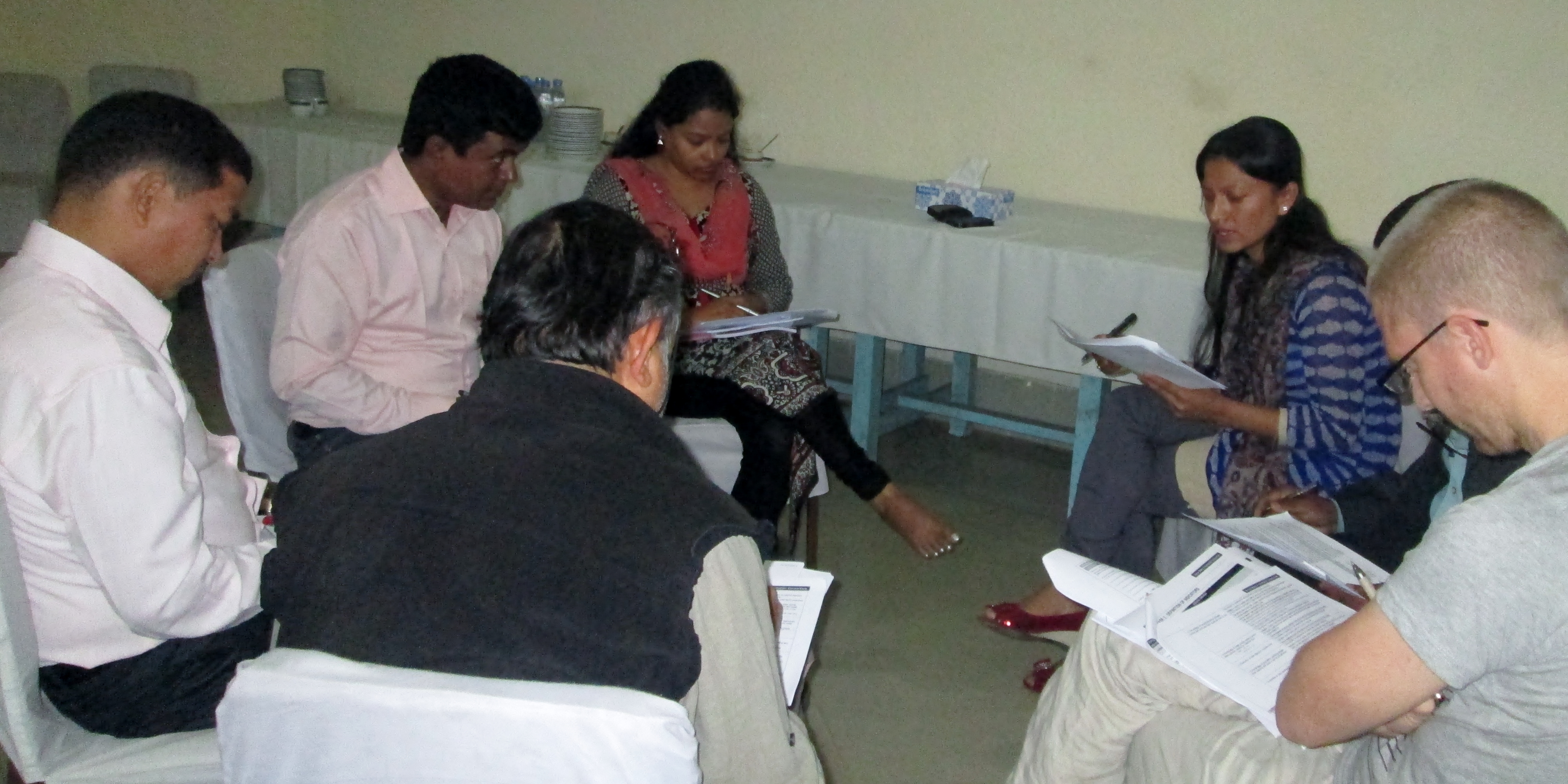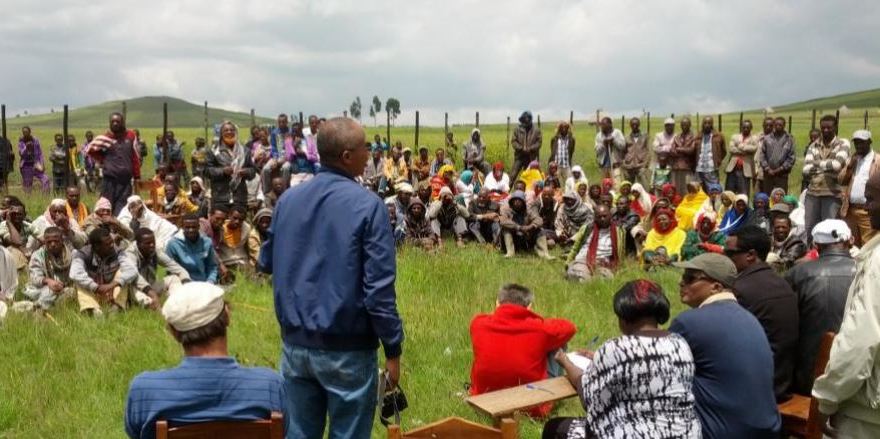
The joint small town project aims at improving access to water and environmental sanitation in the town of Katarniya located in Bardiya district, mid-Western Region of Nepal. The town population comprises around 4,000 inhabitants. The Water Consortium will focus on the central part of the town, enabling around 1,000 people to improve their water and environmental sanitation situation. The project is being planned and implemented jointly by the three Water Consortium partners in Nepal: Swiss Red Cross, Terre des hommes, and HELVETAS Swiss Intercooperation.
Katarniya town has been selected among three potential towns based on an assessment conducted by the Water Consortium partners. The main reasons for selecting this town are the strong motivation of the local stakeholders to improve their WASH situation and the urgency of the problems faced (limited water availability during the dry season, only basic sanitation).
The project is considered as a model by the local government partners as it tackles both water and environmental sanitation in an integrated way, giving equal weight to both components. The environmental sanitation component will contribute to the ongoing reflection on Total Sanitation in Nepal with particular emphasis on safe handling of sludges from on-site sanitation systems. Moreover, the scaling up potential is high given the high number of emerging towns in the country, especially around the East-West Highway. Both the model character of the project and the fact that it is jointly implemented by three organisations call for careful preparation, in particular clear planning and implementation modalities.
In April 2015, a successful planning workshop took place. All involved stakeholders, i.e. the local government authorities, project beneficiaries and all project partners, participated and clarified the different roles and responsibilities and jointly defined the planning and implementation process of the project.



 An inception workshop for Eastern and Southern Africa was held from 12-16 October 2014 in Shashemene, Ethiopia. The main objective was to bring all Consortium partners in the region together to develop synergies through knowledge transfer, communication and cooperation between participants and projects, at country, regional and interregional level. It also served to review the lessons learnt from Phase 1 and present the new Phase 2 programme of the Consortium. The workshop included a field visit to the Kofale water supply system.
An inception workshop for Eastern and Southern Africa was held from 12-16 October 2014 in Shashemene, Ethiopia. The main objective was to bring all Consortium partners in the region together to develop synergies through knowledge transfer, communication and cooperation between participants and projects, at country, regional and interregional level. It also served to review the lessons learnt from Phase 1 and present the new Phase 2 programme of the Consortium. The workshop included a field visit to the Kofale water supply system.